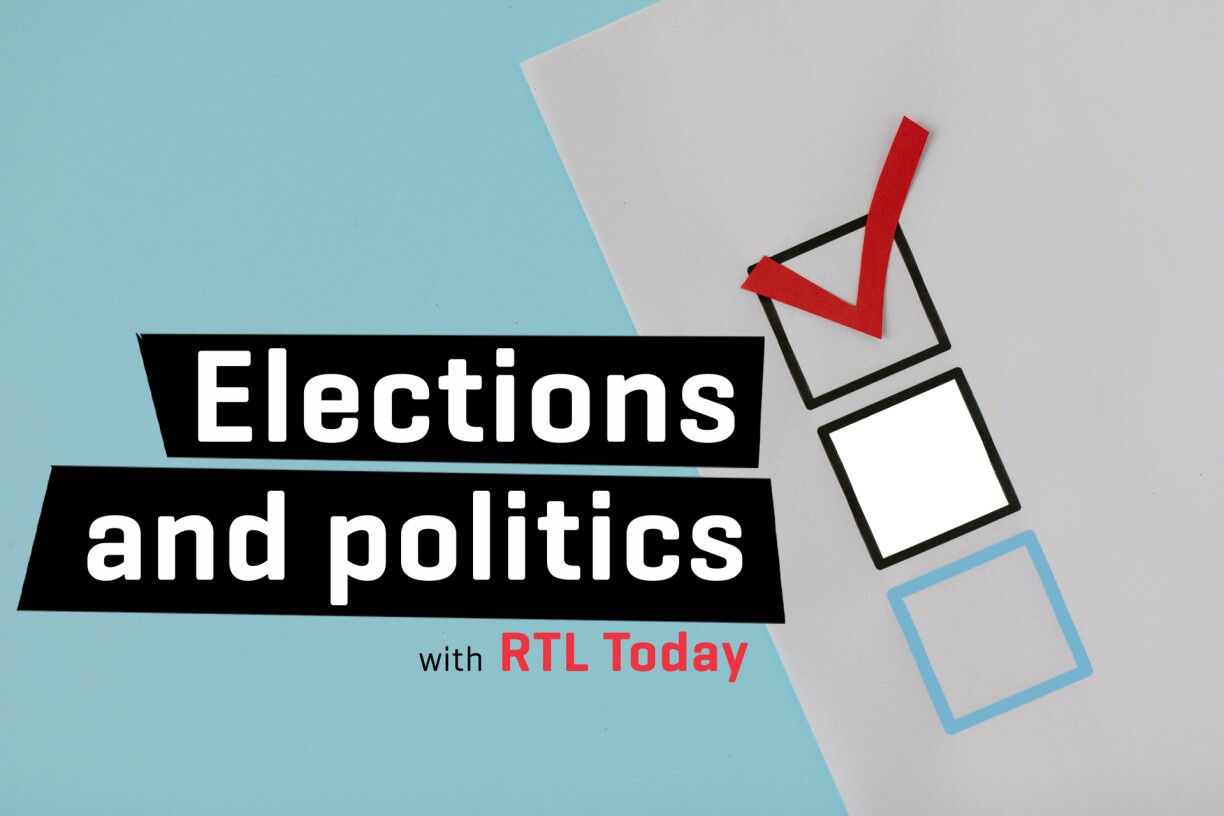
Hello and wëllkom zeréck for another lesson in lëtzebuergesch!
So far in this series, we’ve played it safe: We talked about going to the restaurant, how to tell time, holidays, and even about the most mundane topic there is – the weather. But in this lesson, we thought we’d take a step out of our comfort zone and cover a topic that has a reputation for being just a tad bit divisive: politics.
Now, before you click away, just keep in mind that this is series is about language! You won’t find any bickering or requests to vote for anyone in today’s lesson – all we’re interested in is how we might be able to talk about politics in Luxembourgish.
As (almost) always, we also have a brand-new Language Basics for you to check out – this time, we’re providing you with an overview of pronouns! Be sure to check it out after the main lesson, if you’re interested in picking up some grammar as well.
In Luxembourg, people vote in three different types of elections: municipal, national / legislative, and European elections. Voting is also compulsory in the Grand Duchy and refusing to vote can (in theory at least) have legal consequences.
The municipal elections take place next year → Nächst Joer si Gemengewalen
Who are you voting for in the next national / legislative elections? → Fir wie stëmms du bei den nächste Chamberswalen?
Good to know: When referring to the national elections, Luxembourgers usually talk about the Chamberswalen (named after Luxembourg’s parliament the Chambre des Députés or Chamber for short). However, the terms Nationalwalen and Legislativwalen are also used.
European Elections are coming up again in two years. → An zwee Joer sinn nees Europawalen
He told me he’s going to make use of postal vote this year. → Hien huet mir gesot, datt hien dës Joer Bréifwal mëscht.
Voting is compulsory in Luxembourg. → Zu Lëtzebuerg gëllt Walflicht.
The polling station is located inside the nursery school. → De Walbüro ass an der Spillschoul.
The government stands by its reform plans. → D’Regierung hält un hire Reformpläng fest.
The opposition slammed the minister’s proposal → D’Oppositioun huet der Ministesch hir / dem Minister seng Propose schaarf kritiséiert.
The Chamber of Deputies is voting on a new draft bill today. → D’Chamber stëmmt haut iwwer en neie Gesetzesprojet of
The party’s parliamentary group has published a press release regarding the issue. → D’Fraktioun vun der Partei huet am Zesummenhang mat der Saach ee Communiqué rausginn.
The MP wanted to know more about this and submitted a parliamentary question. → D’Députéiert / den Deputéierten wollt méi dozou wëssen an huet eng question parlamentaire agereecht.
The municipal council supports the new initiative. → De Gemengerot ënnerstëzt déi nei Initiative.
She serves both as MP and as mayor. → Si ass souwuel Députéiert wéi och Buergermeeschtesch.
Good to know: In Luxembourg, it is possible to serve as MP and mayor at the same time. People who hold both offices are often referred to as Député(e)-Maire (‘MP-Mayor’).
Déi Gréng → The Green Party (literally: ‘The Greens’)
Demokratesch Partei (DP) → Democratic Party
Lëtzebuerger Sozialistesch Aarbechterpartei (LSAP) → Luxembourg Socialist Workers’ Party
Alternativ Demokratesch Reformpartei (adr) → Alternative Democratic Reform Party
Chrëschtlech Sozial Vollékspartei (CSV) → Christian Social People’s Party
Déi Lénk → The Left Party (literally: ‘The Lefts’, as in ‘The Leftist People’)
D’Piraten → Pirate Party (literally: ‘The Pirates’)
Lesson 1 – How to introduce yourself
Lesson 2 – How to talk to your neighbour about the weather
Lesson 3 – How to ask for directions
Lesson 4 – How to tell time and dates
Lesson 5 – How to schedule a meeting
Lesson 6 – Chat with the cashier at the supermarket
Lesson 7 – How to order at cafés and bakeries
Lesson 8 – How to decipher a menu and order food
Lesson 9 – How to talk about your family
Lesson 10 – How to ask for medical assistance
Lesson 11 – How to talk about past experiences
Lesson 12 – How to talk about your plans for the future
Lesson 13 – Holidays and travelling
Lesson 14 – How to say that you like something
Lesson 15 – How to express your dislike